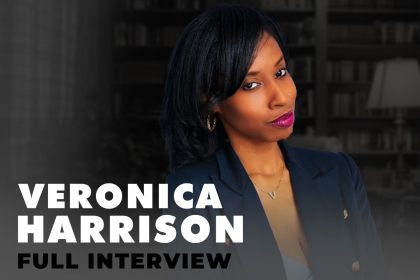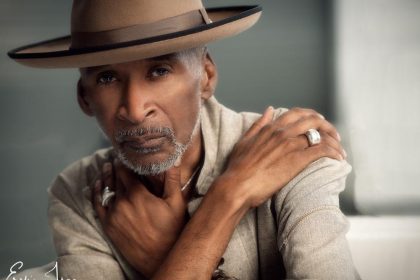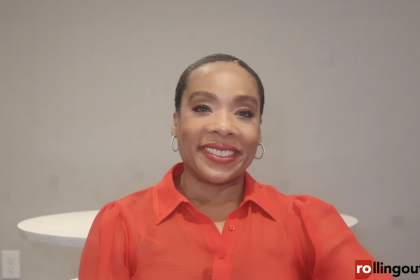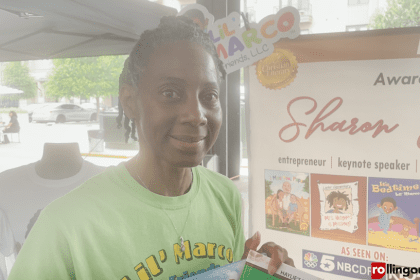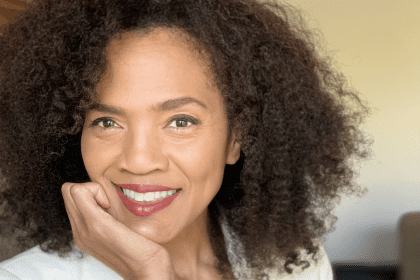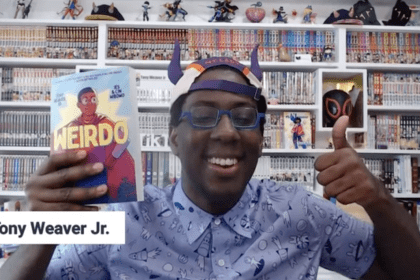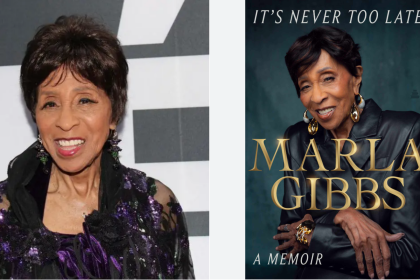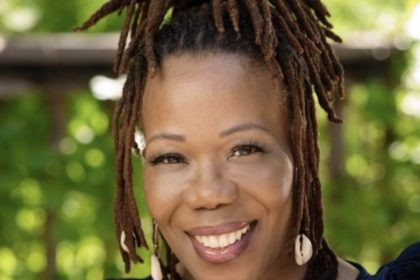Pastor Mike Todd has never been afraid to share his journey and how it’s made him into the person he is today. In Todd’s third book, Damaged But Not Destroyed: From Trauma to Triumph, he shares that everyone suffers some “damage” in life, whether it’s mistakes, heartaches, grief or trauma. However, through belief and intentional work, there is always a possibility to overcome the trauma and fulfill our destinies.
What inspired you to write this book?
The one thing that I know about my life, and I hope [about] your life, is it was meant for more than just you. When it came to writing this book, I was in my time of prayer and meditation. I feel like when most people write a book about their issues and what they’ve struggled through, they’re like 65 or 70 years old. The truth of the matter is all you have to do to be a leader is be one step in front of somebody, and for me, I’ve gone through some stuff that a lot of people would have folded under. A lot of people would have quit, a lot of people would have given up on their faith, and a lot of people would have turned into something else. I was able to weather every storm that’s happened in my life, and it actually prepared me for greatness. I wanted to teach people that God can take any amount of your damage, and it doesn’t have to destroy you. It actually can prepare you for destiny. Right now, a lot of people are going through trauma. They’re creating trauma and drama, but a lot of them have been exposed to it from their childhood, failure, COVID-19, and all these different things. I was like, “What better way to help people right now than to help them take their trauma and turn it into triumph?” That’s [why], with everything, I want to add value, and that’s where this book came from.
What is the solution to becoming healed?
One, you have to acknowledge it. You can never fix something that you don’t admit is there. If you take your car into the shop and you’re like, “I think it’s something with the radio,” but it’s actually the radiator, [then] they never actually pop the hood. What I’m asking people to do is just pop the hood. Everybody knows you’re angry; you’re the only one denying you’re not. The second thing is everybody needs what is called the two big T’s. You need therapy and theology. I think you need both; I don’t think you just need prayer. I think you need prayer, and you need to go to somebody’s practice. You need counseling, and I know that’s a big taboo, especially for people coming from the faith community.

